
PRAISE FOR The Glass Eye
Every memoir is a reckoning with the past, but only the most skilled and courageous memoirist can simultaneously inhabit the story that haunts her and the story of her reckoning with equal urgency. In The Glass Eye, Jeannie Vanasco shows us why rules should be broken: because an elegy that pulses with immediacy, a fragment that is inextricable from a whole, a book that comments on its own writing can smash what you think you know into pieces, and expose a piece of truth so bright it might be your own broken heart, handed back to you.
MELISSA FEBOS, author of Whip Smart and Abandon Me
Jeannie Vanascos The Glass Eye is memoir as it ought to be, but so rarely is: beautiful and painfully raw, but also restrained and lyrical. Vanasco is brilliant, and this book proves it.
DARIN STRAUSS, author of Half a Life
One month after going away to college, Jeannie Vanasco learned that her father had died, and with him his unconditional and sometimes all-consuming love for her. In The Glass Eye the writer asks, in prose that mesmerizes with geometric precision, how we can orient ourselves to the world when our only compass is grief. What begins as an experience of profound loss becomes an obsession, the fierce intensity of which propels readers through this breathtaking book.
LACY M. JOHNSON, author of The Other Side
I loved every word of The Glass Eye. Its a story about stories, a story about the impossibility of ever telling the whole story. Its a detective story that interprets itself as it goes, raising the stakes and thickening the plot. Its also a love story, a ghost story, a story about the most important man who ever lived: the narrators dad. Her literal reason for being. But its also a story that I cant help but feel was written just for me.
DANIEL RAEBURN, author of Vessels: A Memoir
With The Glass Eye, Jeannie Vanasco has produced a debut of incisive vision. In prose as vivid as a novel and as chiseled as poetry,Vanasco shows the reader that memoir can entail an unexpected, ultimately liberating reckoning. Delving into her familys traumatic and moving history, Vanasco unearths the true story of her late namesake, Jeanne, her fathers enduring sorrows, and how both have informed her own often difficult personal journey.
JOHN KEENE, author of Counternarratives
The death of a parent is a stunning experience, and can upend even the most grounded soul. But what happens when the bereaved is already teetering on loose pins? How does a sensitive young writer make sense of life without a father to whom she was fiercely devoted? She writes him a book. In The Glass Eye, Jeannie Vanasco remembers her father with great affection while turning an unflinching gaze on the insupportable grief that visits her upon his death. The book is a fascinating meditation on loss, and an enduring monument to what remains. Wise, brave, and beautifully wrought, The Glass Eye signals the arrival of an exceptionally fine new voice.
ALEXANDRA STYRON, author of Reading My Father
THE
GLASS
EYE
a memoir
JEANN I E VANASCO
 TIN HOUSE BOOKS / Portland, Oregon & Brooklyn, New York
TIN HOUSE BOOKS / Portland, Oregon & Brooklyn, New York
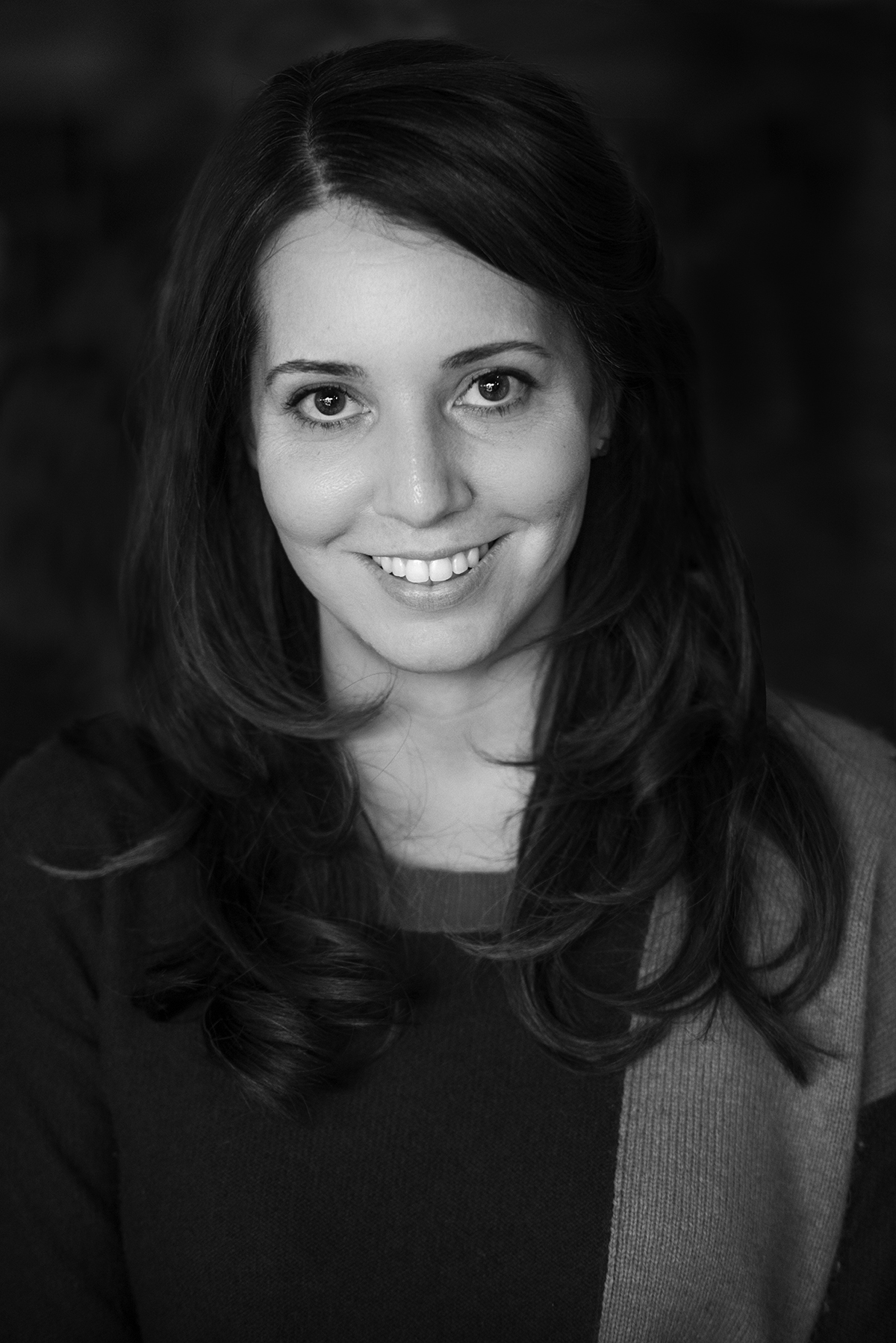
THERESA KEIL
JEANNIE VANASCO has written for the Believer, Little Star Journal, NewYorker.com, the Times Literary Supplement, Tin House, and elsewhere. Born and raised in Sandusky, Ohio, she now lives in Baltimore and teaches at Towson University.
ACKNOWLEDGMENTS
Masie Cochran, my editor, is the reason The Glass Eye finally exists. I would still be manically revising my manuscript if not for her enthusiasm, questions, instincts, trust, and brilliance. Diane Chonette, the Tin House art director, made my memoir look beautiful, inside and out. I hope people judge my book by its cover. Tremendous gratitude as well to Nanci McCloskey, Sabrina Wise, and the whole phenomenal team at Tin House. Also, special thanks to Anne Horowitz and Allison Dubinsky, whose thorough copyediting and proofreading revealed mistakes and new meanings. And gratitude to Victoria Marini, my agent, for leading The Glass Eye to Tin House.
Portions of The Glass Eye have appeared in another form in the Believer. Without the Believer, my personal writing might never have found readers beyond professors, classmates, and friends. The magazines editors, past and presentespecially Karolina Waclawiak, Andi Winnette, Hayden Bennett, and Ed Parkpossess supernatural powers with words.
Alexandra Styrons tireless dedication, generosity, and Job-level patiencelong after I graduated from Hunterwill never be forgotten. Kathryn Harrison, Meena Alexander, Louise DeSalvo, and my genius Hunter comrades and friendsMolly Englund, Kate Neuman, Alice Neiley, Jeanne Hodesh, and Amy Jo Burnsgave crucial feedback and reassurance. Hunter College and New York Universitys MFA writing programs offered time and support, and Poets House gave me a quiet place to write.
I am forever deeply indebted to Meaghan Winter, Stephanie Palumbo, and Anita Anburajan. They read countless drafts over several years, and I never had to ask. I also want to acknowledge Stephanies grandmother, Erna Trocola. Her stories are inspiring and important, and I hope Stephanie keeps telling them.
Special thanks to Sally Leaf, Leigh-Anne Goins, Jenna Kahn, Adam Germinsky, Courtney Allison, Rachel Riederer, Kevin Mulligan, Loren Lynch, and Madeleine Kuhns for listening to me talk about the book.
Genie Abrams and Bette Jefferson helped with difficult research, and I am deeply grateful to them.
My Northwestern professorsespecially John Keene, Mary Kinzie, Reg Gibbons, Brian Bouldrey, and Robyn Schifftaught me how to construct emotions with words. They made writing possible.
For sharing their poems, stories, and essays with me, tremendous gratitude to all my students.
And finally, my familythose I included and those I didnt.
Chriss love has given me a happy ending, and my love for him will never end. He has improved my life in ways too profound to describe.
My love for my mom is indescribable and unquantifiable. She insisted that I write anything I wanted, or anything the book needed. I could not have written this without her encouragement, understanding, and love. Every day I feel like the most loved daughter in the world.
I did this for my dadeven though he will never know. He always kept his word. I tried to keep mine.
The hero is a feeling, a man seen
As if the eye was an emotion,
As if in seeing we saw our feeling
In the object seen...
From Examination of the Hero in a Time of War by Wallace Stevens
ONE
The night before he died, I promised my dad I would write a book for him. I was harboring profound confidence charged with profound grief.
The day after he died, I was supposed to turn in a paper about Hamlet. My professor granted me an extension. I focused on the development of Hamlets grief for his father, and the question of madness.
One week after he died, I was supposed to take a sociology exam. My professor did not grant me an extension. I did not read the chapter about grief, though I answered the questions about grief correctly.
Next page
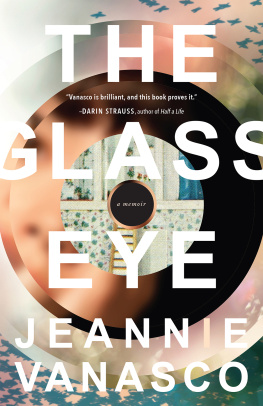

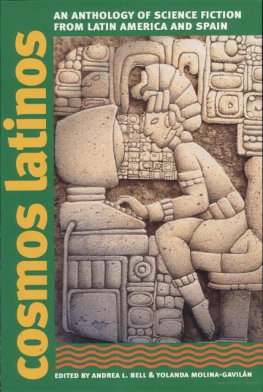
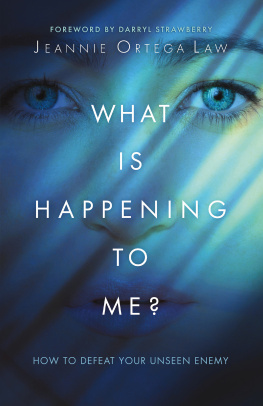
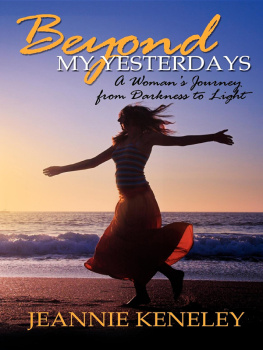
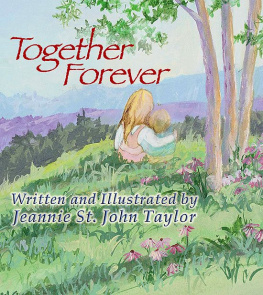
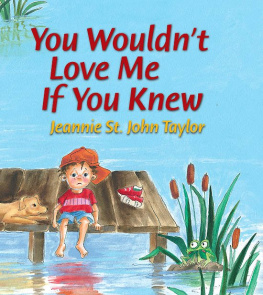
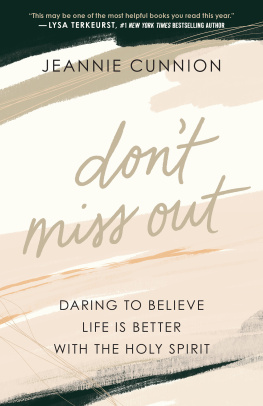
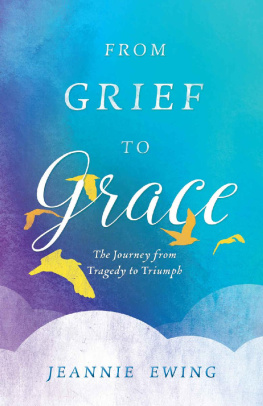
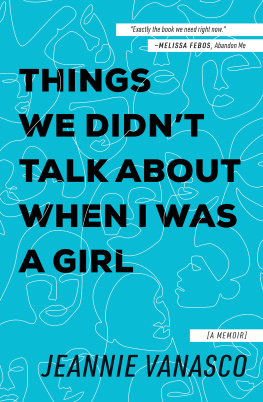

 TIN HOUSE BOOKS / Portland, Oregon & Brooklyn, New York
TIN HOUSE BOOKS / Portland, Oregon & Brooklyn, New York